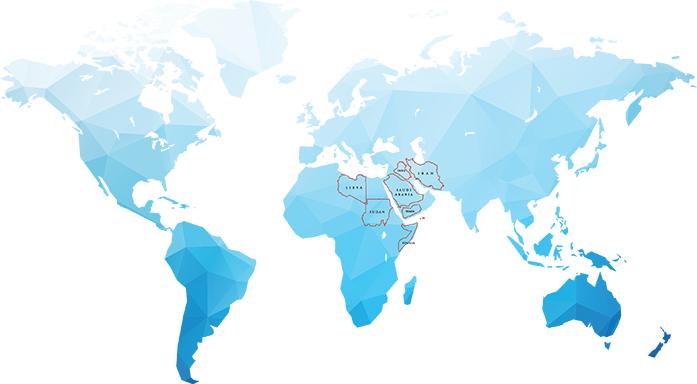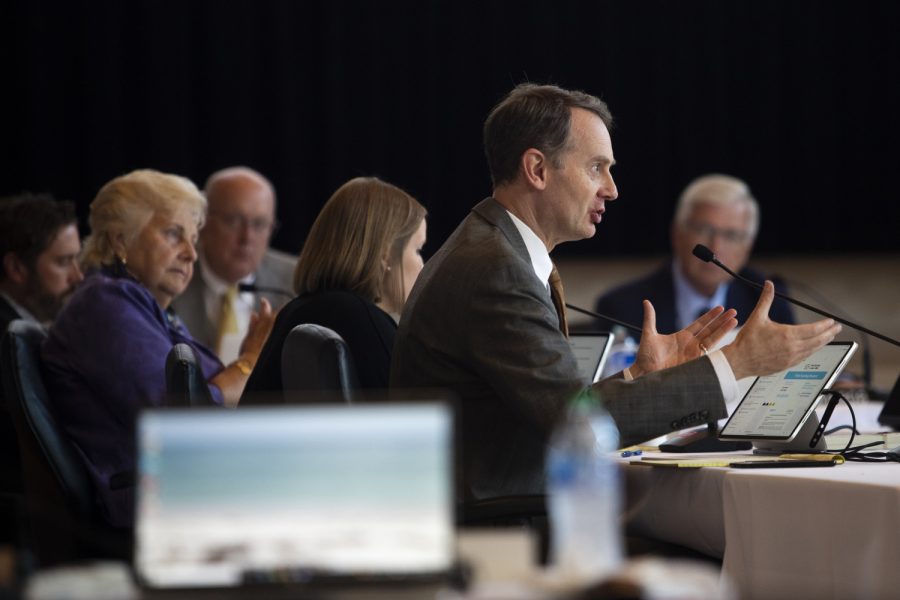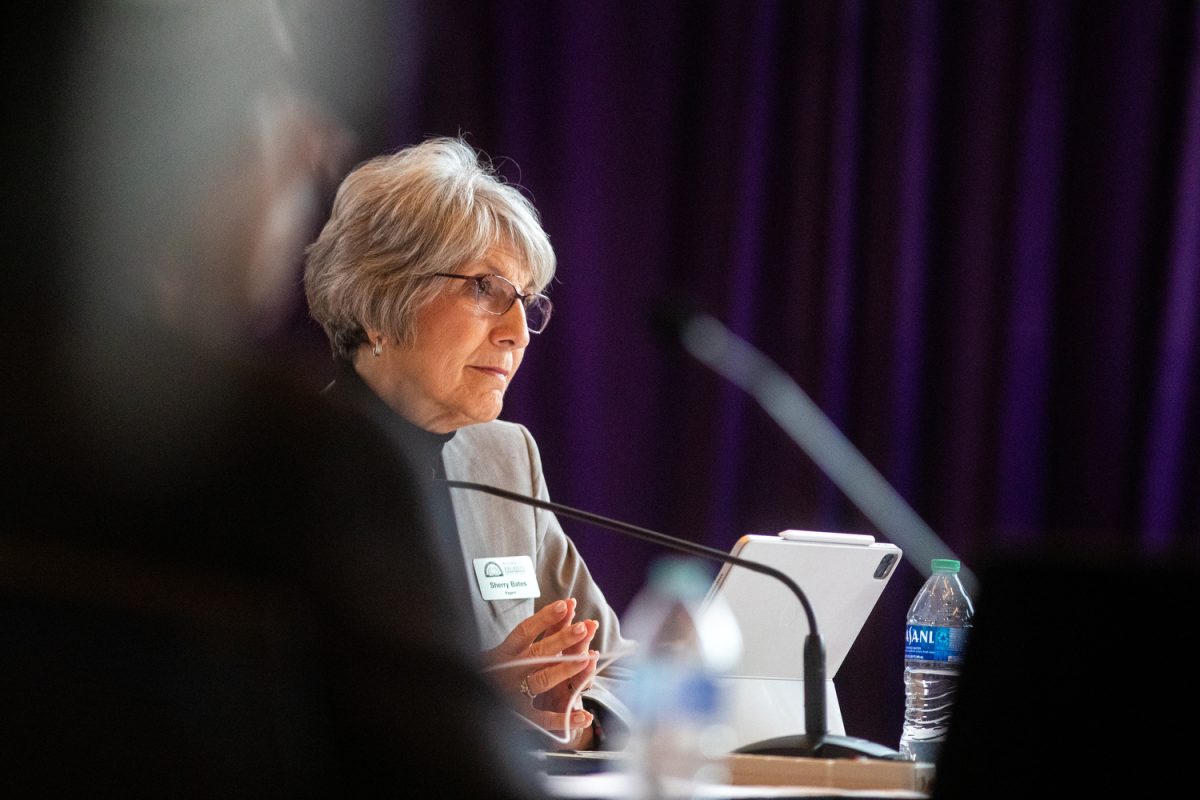President Trump’s executive order draws criticism and uncertainty among community members.
By Anis Shakirah Mohd Muslimin
President Trump’s executive order calling for “extreme vetting” of certain foreign nationals from entering the United States prompted mixed reactions from numerous divisions of the country, as experts, school officials, and students ponder the move.
The order, which bans entry for nationals from Iran, Iraq, Libya, Somalia, Sudan, Syria, and Yemen for at least 90 days, is to “prevent terrorist or criminal infiltration by foreign nationals,” according to the Department of Homeland Security.
On the heels of Trump’s decision, University of Iowa Associate Provost Downing Thomas, who is also the dean of International Programs, issued a statement over the weekend to the UI community: “… The UI has long recognized that a diverse and inclusive community is the foundation of a strong education,” he said. “Each of you, regardless of your background or country of origin, is welcome in our community. You bring perspectives and experiences that, taken together, enrich the educational experience and prepare UI students to thrive in their lives and careers.”
Some UI students, such as Ali, an Iraqi graduate student who feared being identified by his full name could endanger his life, was disappointed by Trump’s decision.
“Now we cannot invite our family to attend our commencement, we can’t invite our relatives to the States, we can’t go back for vacation,” he said. “You feel scared and targeted because you did nothing wrong.”
According to the fall 2016 International Student & Scholar Services enrollment statistics, 86 students registered at the UI hail from the banned countries.
Although American-Yemeni UI student Waddah Moghram isn’t personally affected by the order, he said, his family almost could have been if they hadn’t gotten their paperwork done on time.
Cyndi Michel, the Johnson County Republicans secretary, believes that Trump’s order doesn’t single out Muslims, emphasizing that it doesn’t cite a certain religion. She noted she doesn’t have a problem with immigrants as long they enter the country legally.
“[Trump] singled out countries that President Obama singled out earlier … I don’t understand why the liberals are so upset over it,” she said. “He’s not saying he wants nobody here, he’s saying he wants the laws followed, and if you have been vetted and you have the right to be here, fine.”
Sen. Joe Bolkcom, D-Iowa City, strongly opposes Trump’s order; saying the president’s divisive approach can be harmful.
“He wants to send [the message] that we are at war with Islam; I think that’s anything further from the truth,” he said. “We are not at war with Islam … [Trump] through this executive order has made every American less safe.”
Despite the backlash, Trump’s order does hark back to past nationalistic restriction laws that the U.S. Congress passed, said Sarah Pierce, an associate policy analyst at the Migration Policy Institute.
The institute is an independent, nonpartisan nonprofit think tank in Washington, D.C., that analyses the movement of people worldwide.
The legality of Trump’s executive order, however, is still up in the air, Pierce said, and it will be a huge focus of several courts in the coming months.
“… There were a flow of court cases this weekend, at least two which have national implications,” she said. “So the [Immigration and Nationality Act] gives the president authority to do this, but the court cases are going to decide if his pursuant to that authority is legal; do they violate the Constitution or do they violate other laws?”
Miriam Amer, the executive director of the Iowa chapter of the Council on American-Islamic Relations, a Muslim civil-rights and advocacy group, questioned the legitimacy of the order. She warned of the possible negative consequences the ban poses, which include tearing apart families of people with legal status.
“You have citizens who are married to people with green-card holders, and they are not going to be able to rejoin their spouses and their children,” Amer said. “These people have already been vetted by the government; a lot of refugees have gone through two to three years of extreme vetting.”
John McKerley, a UI adjunct assistant professor of history whose areas of study include immigration, said the United States has enacted measures similar to Trump’s that target a specific group in the past, citing both the Chinese Exclusion Act of 1882 and the Immigration Act of 1924.
“Much like the nativists of the past, President Trump seems to imagine the United States as a place of freedom and safety where threats come primarily from the outside,” he said. “However, some of the greatest threats come from many of the same communities that nativists associate with ‘100 percent Americanism’ — whether it’s from waves of violence and discriminatory laws targeting immigrants, Catholics, Jews, and people of color at the turn of the 20th century, or white-supremacist terrorists in our own age.”







